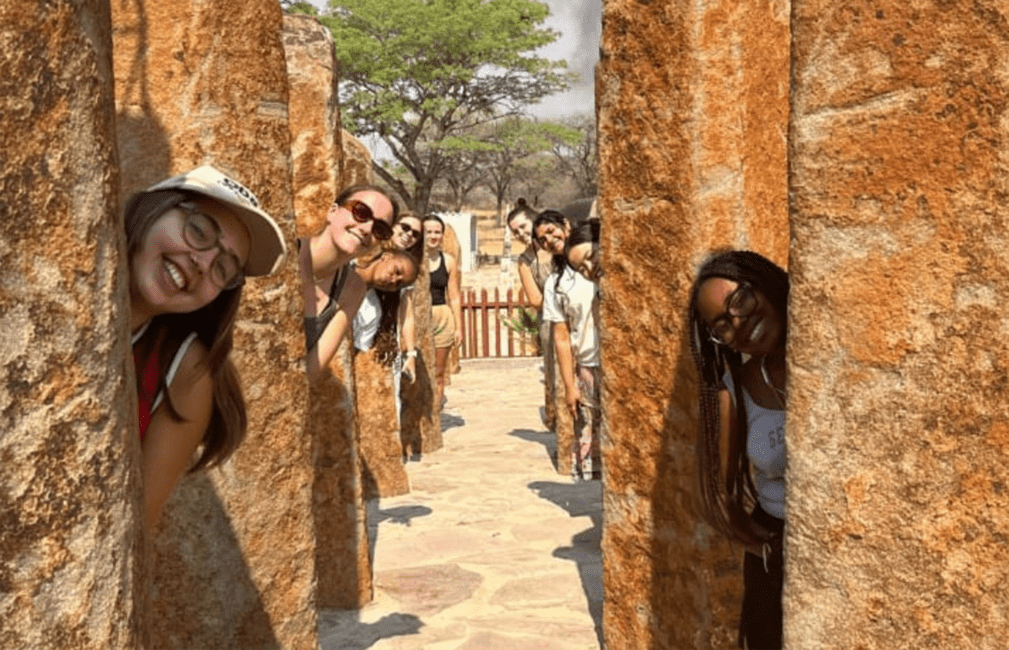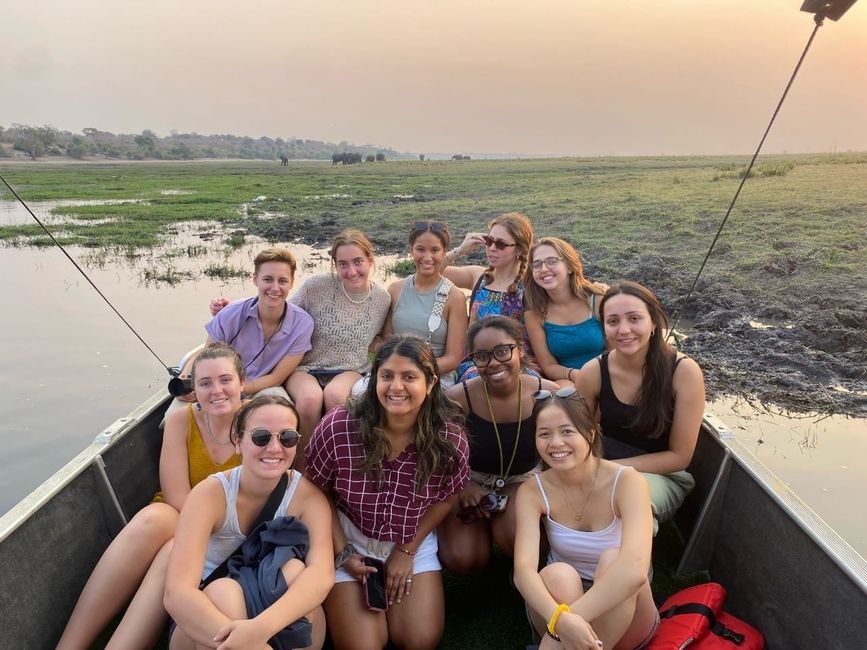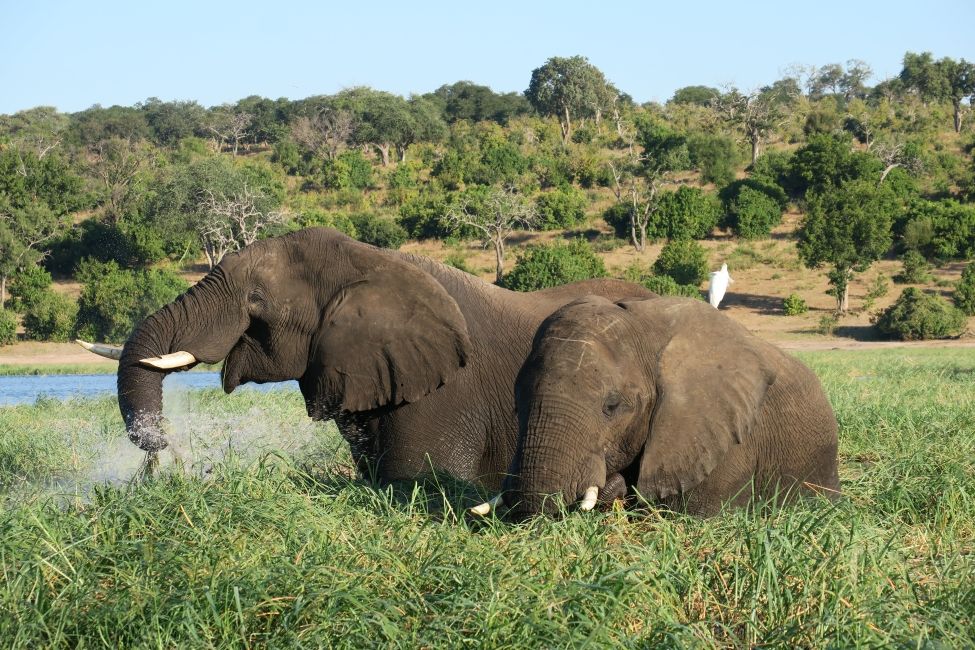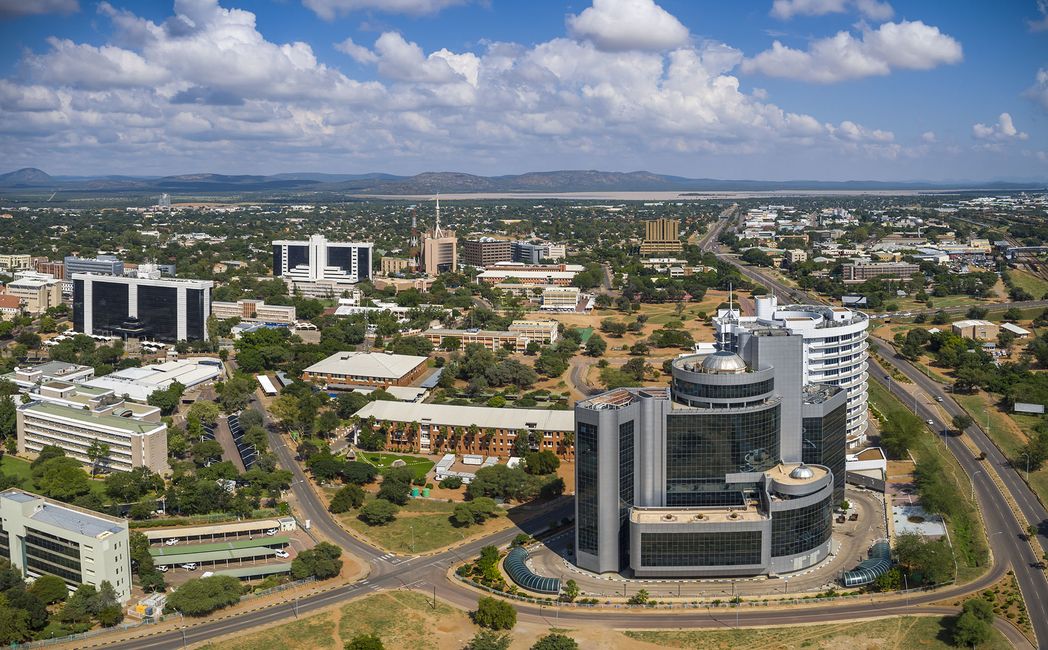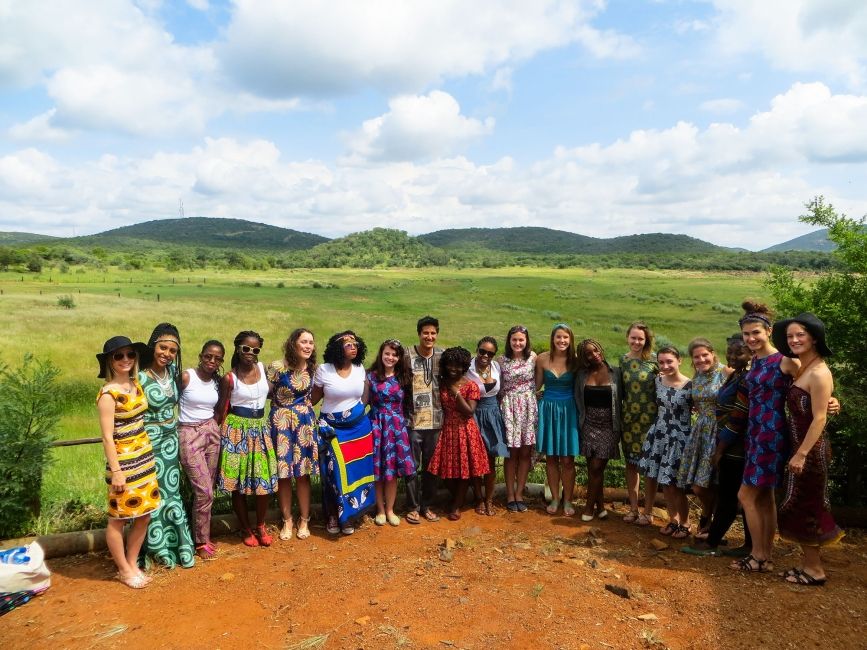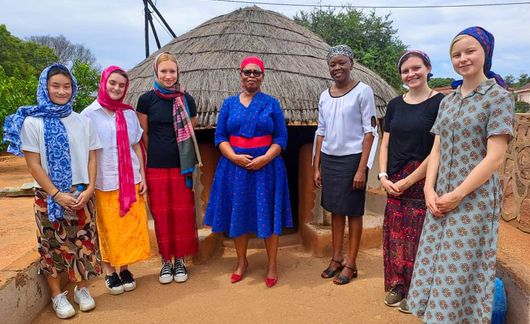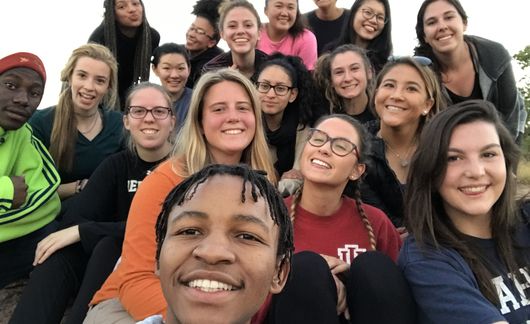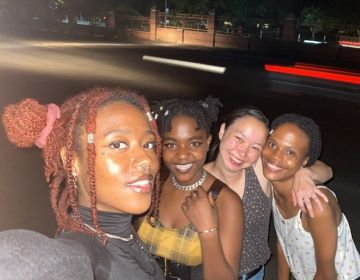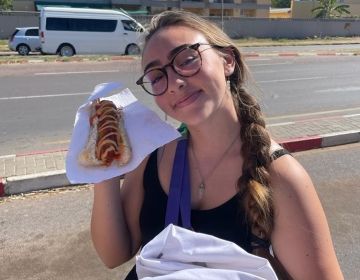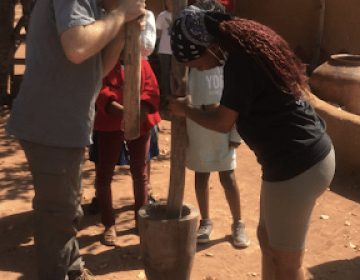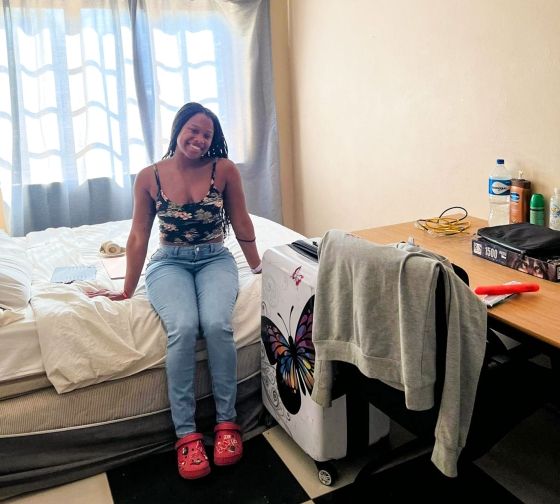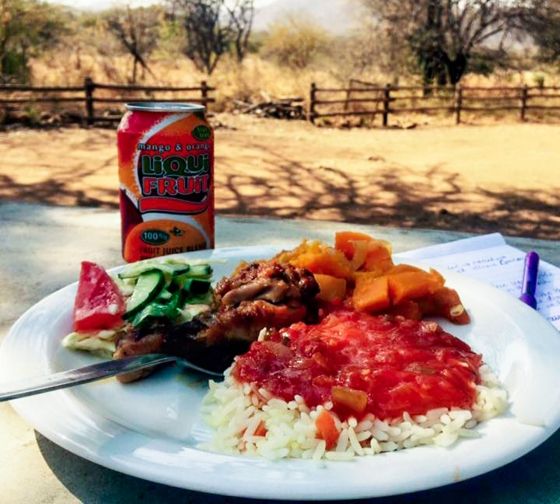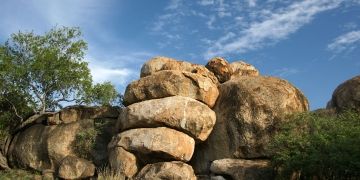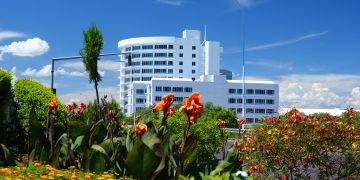
Semester in Gaborone
New for Spring 2025!
Unique Experiences
Take classes across all departments
at the University of Botswana (UB) with local and international students
Attend a dance workshop
to learn the significance of dance in Botswana culture
Enjoy a morning hike at Tlokweng Hill
and witness a breathtaking African sunrise
130,000
HERDS OF ELEPHANTS, MAKING BOTSWANA HOME TO THE HIGHEST POPULATION OF ELEPHANTS
18 K
MEMBERS OF UNIVERSITY OF BOTSWANA ACADEMIC COMMUNITY
2nd
LARGEST SEASONAL ANIMAL MIGRATION IN AFRICA
Your Destination
A multi-party democracy, Botswana is one of Africa’s most stable countries. Most of its people belong to a single ethnic group, the Tswana, and the country is well known for its rich biodiversity and diverse landscapes. The capital, Gaborone, is one of Africa’s fastest-growing cities, located in the south, close to the South African border. Among other central conveniences, Gaborone hosts the headquarters of the Southern African Development Community, which focuses on regional development, economic growth, and poverty relief.
CIEE Gaborone offices are located at the University of Botswana, one of the main and oldest universities in the country. The university is situated in the center of the city, within walking distance of major shopping centers and government offices.
CIEE wants all our students to feel welcomed, supported, and empowered to succeed while studying abroad. Local CIEE staff have provided details about conditions and cultural attitudes that students with specific identities might encounter in Gaborone.
The Culture
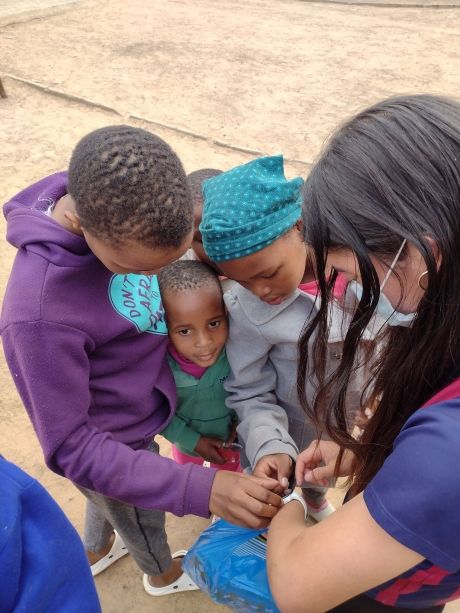
Excursions & Activities
Take part in CIEE-organized excursions to learn more about Botswana and Setswana culture. Excursions and activities may include:
- Spending time with a local family and enjoying a braii (barbecue)
- Learning how communities play a critical role in preserving the environment by visiting Khama Rhino Sanctuary, a community-based conservation initiative
- Practicing Setswana with a native local speaker
- Making local friends by joining a student club at the host university
- Learning about Botswana culture by visiting a cultural village and partake in cultural activities
- Discovering Botswana's biodiversity with excursions to nature reserves or animal sanctuaries
Program Blogs
My Sense of Belonging in Botswana
By: Brianna James Even though my study abroad program concluded in May 2023, I am still brought to tears of reminiscence when I reflect on all those wonderful moments I... keep reading
What I wish I knew before coming
Written by Kat Laird. My name is Katherine Laird and I was part of the Summer 2023 in the Community Public Health Program. Below is what I wish I knew... keep reading
Indulgence of Culture
Author: Keletso Kobedi (Student Volunteer) The third week of the 18 week program was time to enjoy a little glimpse of setswana culture in its raw nature, and what other... keep reading
Housing & Meals
Housing
CIEE Gaborone offers various housing options, which include shared double rooms in the university residence hall or single occupancy in homestays. Residence halls are on the university campus while homestays are within 60 minutes of it.
Standard Housing:
- On-Campus Residence Hall: Includes a shared double room with a local student at the university residence hall. The residence hall accommodation includes a shared bathroom and no kitchen facilities.
- Homestays: Includes a single room at a local homestay. Homestays boast a kitchen, living room, and a shared bathroom with the host family.
Meals
- Residence Hall: Meals are not included, therefore students are responsible for all meals. Students have options to purchase meals at local refectory or eat off-campus.
- Homestays: Host families provide breakfast and dinner during the week and all meals on weekends. Students are responsible for their weekday lunches.
Academics
The University of Botswana was established in 1982 with the goal of improving economic and social conditions for the nation. With 15,000 students and a staff of more than 2,000, the university is committed to academic freedom and integrity, cultural authenticity, and internationalism. The University of Botswana offers state-of-the-art facilities – including a newly built medical school and sports facilities – open to all students.
Course Information
Academic Projects
Communication, Journalism, and Media
Health Professions and Related Programs
Languages and Cultural Studies
University of Botswana
Courses are taught in English at the University of Botswana. Students can take courses in the following faculties, pending eligibility requirements:
Faculty of Business
Accounting and Finance
Marketing
Faculty of Education
Adult Education
Educational Foundations
Educational technology
Family and Consumer Sciences
Language and Social Science Education
Primary Education
Faculty of Engineering & Technology
Architecture and Planning
Civil Engineering
Electrical Engineering
Industrial Design and Technology
Mechanical Engineering
Faculty of Health Sciences
Environmental Health
Allied Health Professions
Faculty of Humanities
African Languages and Literature
English
French
History
Library and Information Studies
Media Studies
Theology and Religious Studies
Chinese Studies
Visual and Performing Arts
Faculty of Science
Biological Sciences
Chemistry
Computer Studies
Environmental Science
Geology
Mathematics
Physics
Faculty of Social Sciences
Economics
Political and Administrative Studies
Social Work
Sociology
Statistics
Psychology
Population Studies
See the University of Botswana undergraduate calendar for more information.
Note: This course listing is for informational purposes only and does not constitute a contract between CIEE and any applicant, student, institution, or other party. The courses, as described, may be subject to change as a result of ongoing curricular revisions, assignment of lecturers and teaching staff, and program development. Courses may be canceled due to insufficient enrollment.
"(GI)" denotes courses that originated at CIEE's Global Institutes and that are offered at multiple CIEE sites.
Dates & Fees
You get more for every dollar when you study abroad with CIEE, because our high-quality programs include everything from excursions to insurance. There are no hidden charges, and no disappointing surprises when you arrive.
Program |
Application Due |
Start Date |
End Date |
Fees & Housing |
|---|---|---|---|---|
| Program Spring 2025 18 weeks | Start Date * | End Date * | Fees & Housing $19,950 |
*Dates for this program are provided as tentative dates. Please consult with your study abroad advisor to confirm dates before purchasing your flights.
To help you budget, keep in mind that students are responsible for the cost of international airfare, local transportation, books and supplies, visas, and personal expenses. In addition, your college or university may charge additional fees for study abroad, or may require you to receive a transcript via CIEE's School of Record, which carries an additional fee of $500.
Program Fees
CIEE offers the most student support of any provider in its program fee, including an airport greeting, full-time leadership and support, orientation, cultural activities, local excursions, pre-departure advising, and CIEE iNext travel protection with benefits.
Participation Confirmation = $300*
Educational Costs = $16,456**
Housing = $3,000***
Insurance = $194
Total Fees = $19,950Estimated Costs
Students are responsible and manage costs related to travel, meals, books, and personal expenses. Below are estimates for consideration.
Meals not included in program fee = $252†
International Airfare = $1,700††
Local Transportation = $150†††
Books & Supplies = $250
Personal expenses = $210††††
Total Costs = $2,562Financial Aid
CIEE offers the most grants and scholarships of any study abroad organization, including $8 million/year in travel grants, merit-based scholarships, institutional and MSI grants, and Gilman Go Global Grants.
*non-refundable fee
**direct cost of education charged uniformly to all students
***Housing fees listed are for financial aid purposes only and should not be considered a basis for calculation of refunds.
†For students in homestays, families provide 2 meals a day. For students in Residence Halls, you should budget approx. $756 for meals
††round-trip based on U.S. East Coast departure
†††Homestay students should budget for $190
††††$100 emergency fund + cell phone expense + toiletries
What's Included
Tuition
Housing
Pre-departure Advising
Advising before you depart to set goals and answer questions
Optional on-site airport meet-and-greet
Orientation
Introduction to your program plus practical information about living in your host city
On-site Staff
Full-time program leadership and support in your city
Cultural and/or Co-curricular Activities
Excursions and/or Study Tours
Travel Protection
CIEE iNext travel protection
24/7 emergency on-site support
Our Staff
Basetsana Maposa
Center Director
Basetsana Maposa returned to Botswana in 2008 after spending 10 years living in the United States. She has extensive experience working in health, youth leadership, human rights, and educational development.
